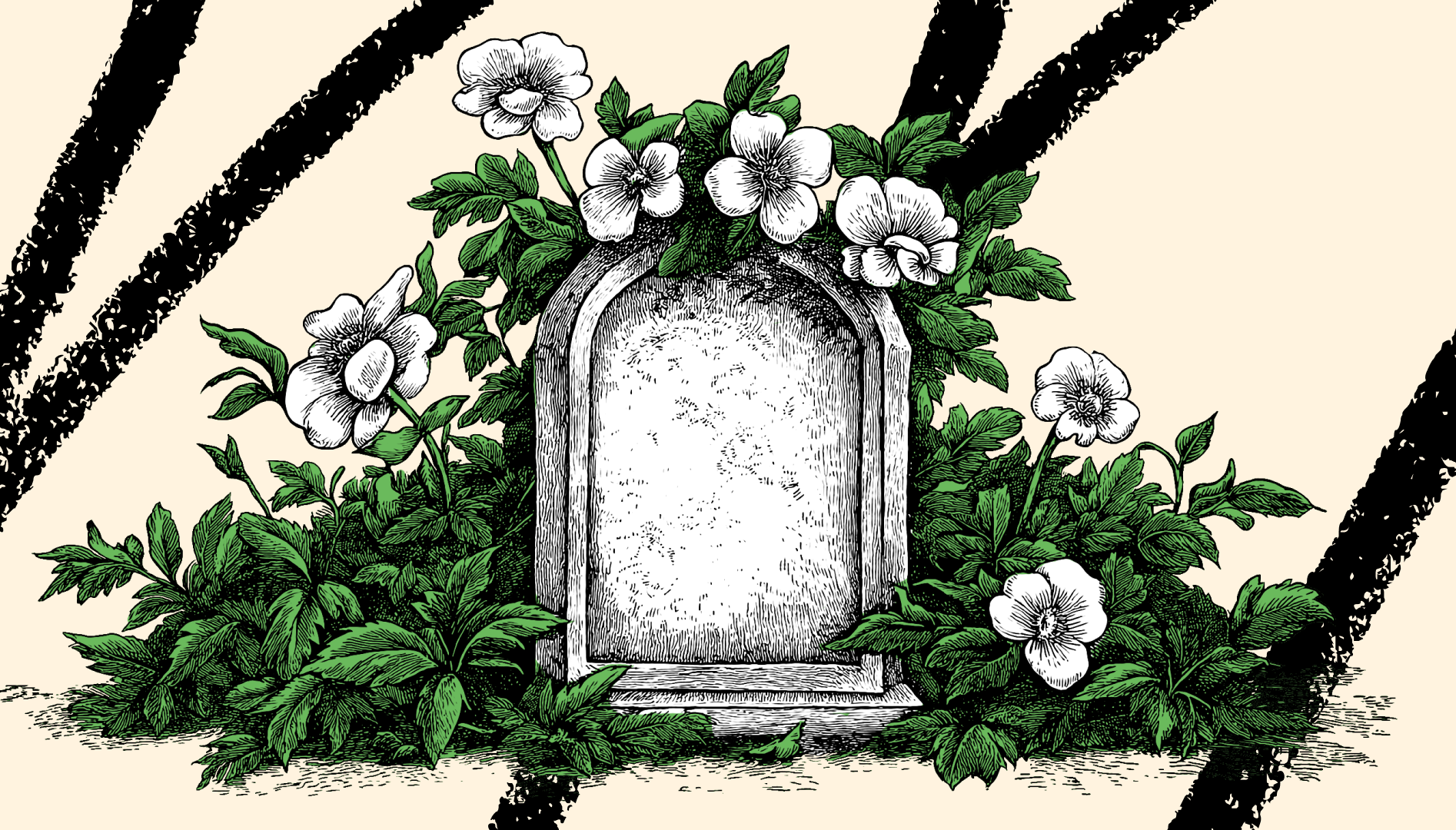
I can’t tell you how bad I want it. Some days I wake up aflame. There is electricity crackling down my knuckles, an urgent rhythm pounded into the keys as I type. A river of creation flows out of me as I revel in the act of making. Other days, I mostly eat pretzels. I meander from task to task, completely content with being dead center of the bell curve.
I can’t even tell you what “it” is. Some days I want to be the tech writer. Matt Levine will tremble. Ben Thompson’s email list will be torn asunder. I will be read and admired and praised. Other days I wake up disgusted by what yesterday’s Evan did.
Why did I write till 1 in the morning rather than spending time with my wife? I want to be great, yes, but I also want to be a great husband and son. There is a reason why lots of creatives struggle with addiction, or why many investors I know are on their third spouse. Money and power never come cheap. The only great I should want is a great life.
Perhaps you have felt similar confusion. You also want to be great. (Hopefully you’re saner than me and want to be great at something other than writing.) But still, you listen to that siren song of more.
As life forces priorities to shift, so does your personal definition of what constitutes great. There is a tension; the longer you remain committed to a single cause of greatness, the more incapable you become of being good enough at everything else.
This terrible cost is most obvious in the people who have ascended to the heights of our society. The HBO series Succession, which recently ended, showed it beautifully—for those unfamiliar, it follows Logan Roy and his four kids as they jockey to inherit the multibillion-dollar media empire Logan created.
(Beware, spoilers ahead.)
For me, the climax of the series is the penultimate episode—the funeral of Logan Roy. There, each of the children wrestle with their grief. The youngest son, Roman, collapses mid-eulogy with remorse. The eldest son, Connor, gets sidelined as he has been his whole life. But Kendall, the heir apparent, gives a speech that, my oh my, did something to me. Kendall was abused, degraded, and humiliated by his father. Logan beat Roman, committed Connor’s mother to an asylum, was misogynistic toward his daughter, Shiv, and was generally an evil, vile man. Despite all that, the company he built was great. In the eulogy he gives, Kendall grapples with his father’s legacy:
“My father was a brute. He was. He was tough. But, also, he built and he acted. And there are many people out there who will always tell you no. And there are a thousand reasons, there always are a thousand reasons to not act. But he was never one of those. He had a vitality, a force...that could hurt...and it did. But my God, the sheer, the...the... I mean, look at it. The lives, and the livings, and the things that he made…I mean, great geysers of life he willed. Of buildings he made stand. Of ships, steel hulls. Amusements, newspapers, shows, and films, and life. Bloody, complicated life. He made life happen. He made me and my three siblings. And yes, he had a terrible force to him. And a fierce ambition that could push you to the side.
But it was only that...that human thing. The will to be, and to be seen, and to do. And now people might want to tend and prune the memory of him to denigrate that force. That magnificent, awful force of him, but my God, I hope it's in me.” (emphasis added)
From the moment I first watched this speech, I have had the phrase “my God, I hope it’s in me” rattle through me. Despite Logan’s litany of sins, despite the abuse he heaped upon his children, Kendall hoped to inherit his father’s greatness.
A similar speech will be given at the eventual funerals of our current ruling elites. At Bill Gates' service they will not mention the Jeffrey Epstein connections, only the work his charity did. Mark Zuckerberg’s service will be attended by men festooned with medals, but there will be little mention of his partial responsibility for the genocide in Myanmar. Murdoch, Musk, Jobs—all of these powerful and great people who reshape our world. Maybe these individuals' greatness outweighs their personal complications, but still, they did not ascend without significant costs.
In my own life, my father was an inverse Logan. He was steadily climbing at Fortune 150 corporations, but after missing one too many of my baseball games, he left. He spent the rest of his career taking good, secure jobs that let him be home in time for dinner. He is and was an incredible dad, but he never ascended to the greatness that was promised in his former career. To him, that trade-off was worth it. Being a great family man is what mattered.
On a recent fishing trip to the Florida Everglades, as we drifted among the gnarled groves of mangrove trees, I asked my dad what his biggest career regret was. His answer surprised me: “I wish I had started my own company.” He always felt like he had the ability to follow in the family tradition (my grandfather was a 4th-grade dropout who built his own business) but never did. He sacrificed that ambition so he could provide a good, consistent life for me and my mom. I love him for his willingness to be a great dad.
My God, I hope that desire is in me. When the time comes for me to choose, I pray I’m able to pick my family like my father did. I hope I do not walk the path of Logan.
But I am afraid I will. I am afraid because in both Kendall and my dad I find inspiration. Despite all the evidence I’ve seen in my own life, I still somehow delude myself that I can have it all.
There is even more to be afraid of. There is a fear that committing myself to the cause of greatness, to being all that I think I can be, will turn me into something I now dislike. Because greatness is so malleable, I worry that “being great” eventually destroys who I am.
In the world of content, the pursuit of greatness manifests as those folks who prostitute themselves to traffic, who helplessly careen from trend to trend, desperate in their desire for virality. In startups, the same can be said of those who shift from Web3 to AI to bootstrapping to whatever will be trendy in a month.
Greatness is not measurable. It is not quantifiable. I’m not even sure it is definable. But still we desire it. Be aware, it is a devourer resting within us. What we choose to feed it determines what kind of great we will be.
Find Out What
Comes Next in Tech.
Start your free trial.
New ideas to help you build the future—in your inbox, every day. Trusted by over 75,000 readers.
SubscribeAlready have an account? Sign in
What's included?
-
Unlimited access to our daily essays by Dan Shipper, Evan Armstrong, and a roster of the best tech writers on the internet
-
Full access to an archive of hundreds of in-depth articles
-
-
Priority access and subscriber-only discounts to courses, events, and more
-
Ad-free experience
-
Access to our Discord community
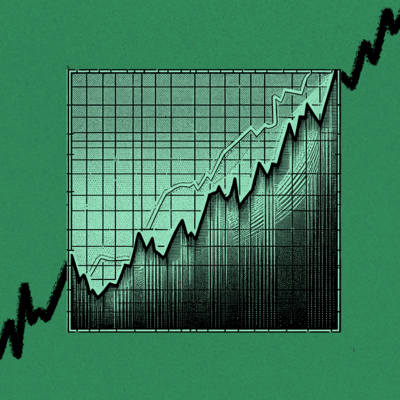
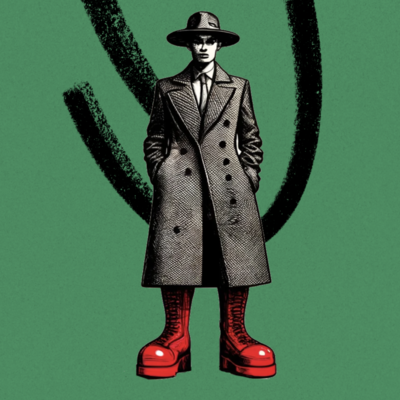
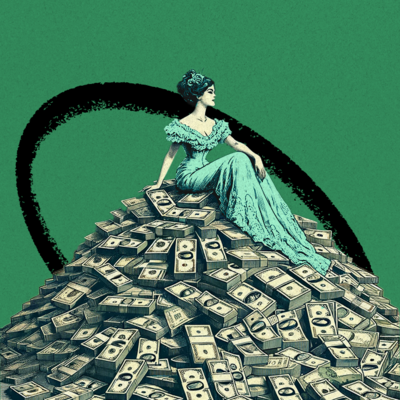
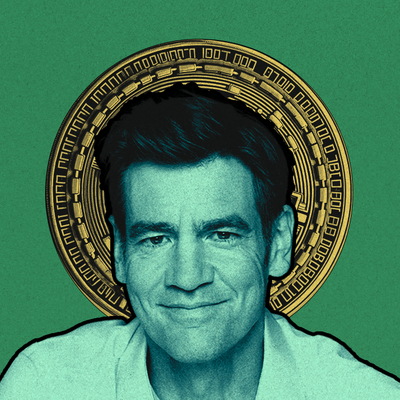

Comments
Don't have an account? Sign up!
You put into words so much that I’ve been thinking about as a 15 year entrepreneur who recently became a father. The struggle between being a great builder and being a great father is very real. Another layer that I think about is the example I set for me kids. This is new for me. Instead of thinking of greatness in terms of how society or industry views it, I’m starting to think of it as how my kids will view it. When my kids see what I’ve built in my life, will they be proud? Will they consider it to be great? Will they be disappointed? Of course, I can’t know how they’ll feel. But it’s nice to view greatness from a new perspective.
Great essay that defines the inner struggle well. I came at this from a slightly different angle. Your dad decided to make a sacrifice, whilst mine never strived for greatness, but both men achieved it in their own way - https://lifeofagency.substack.com/p/the-problem-with-legacy